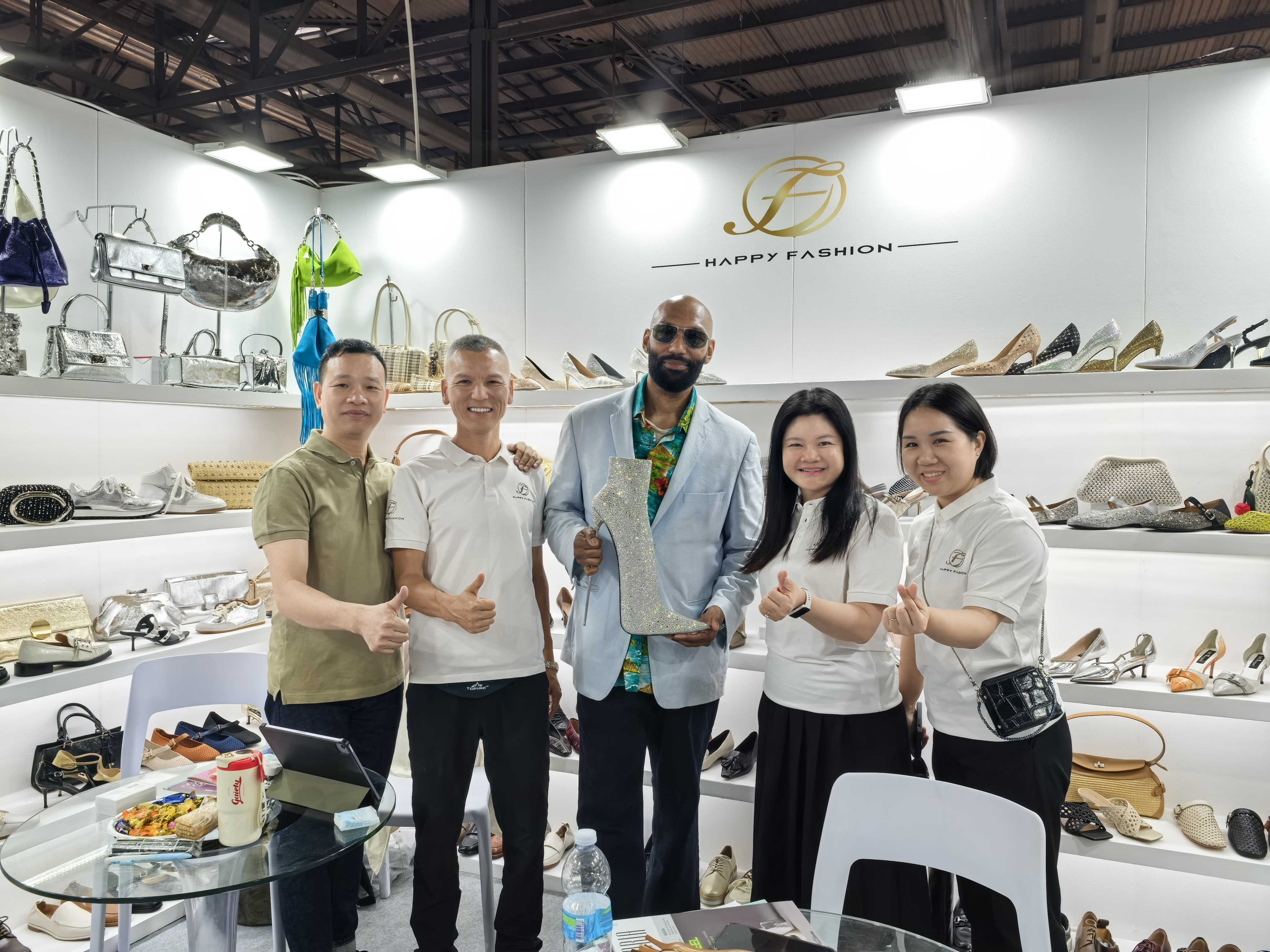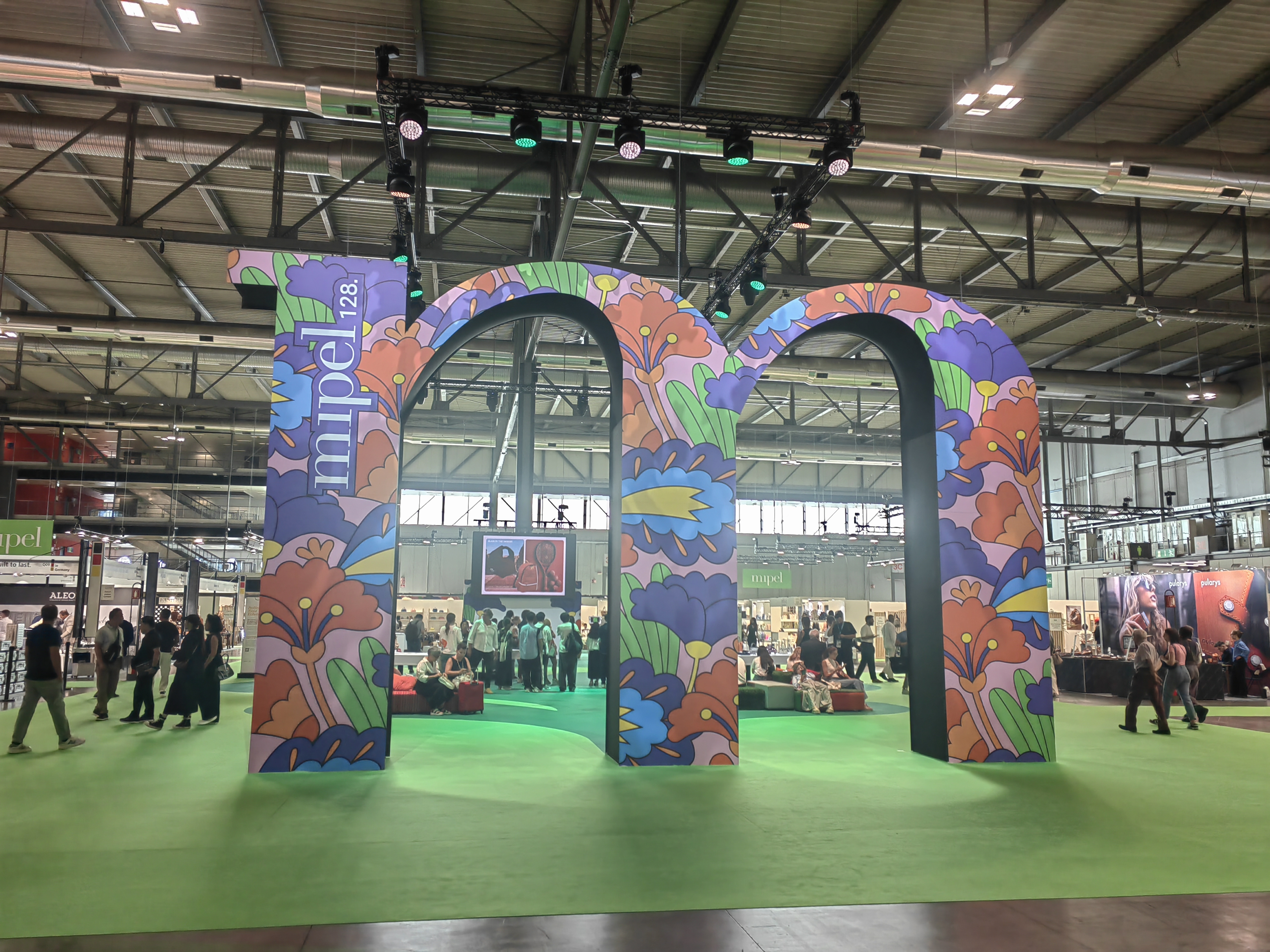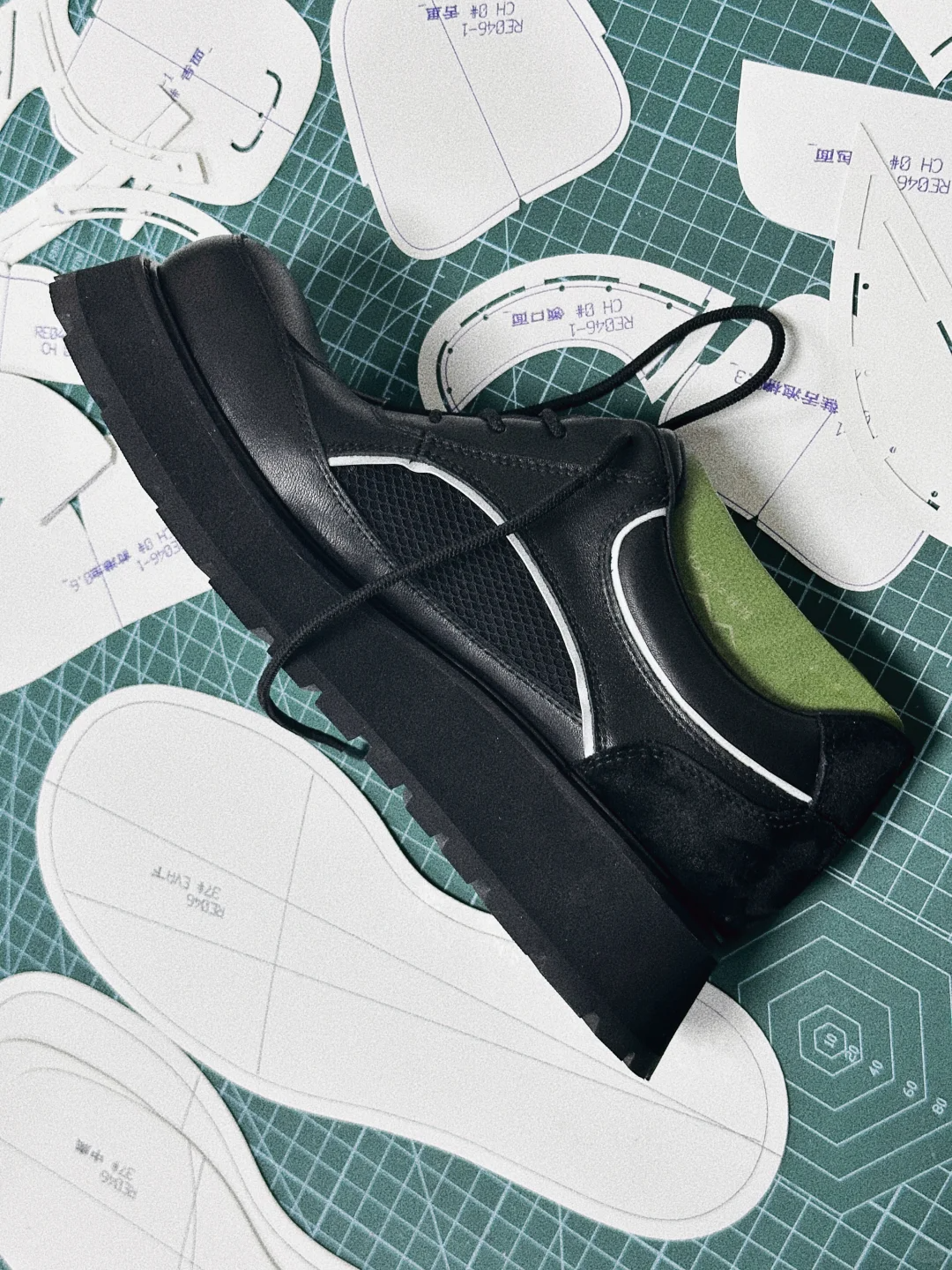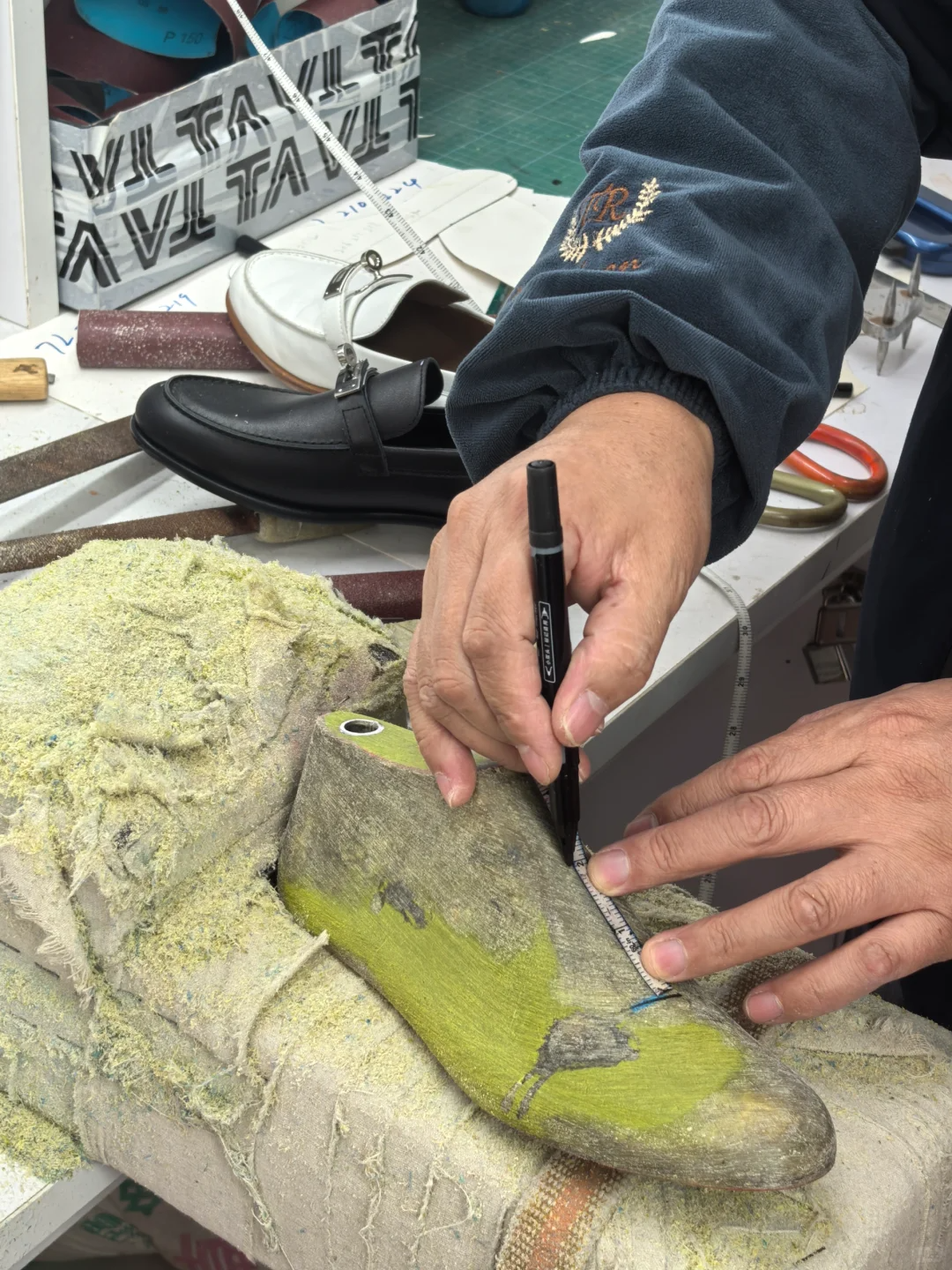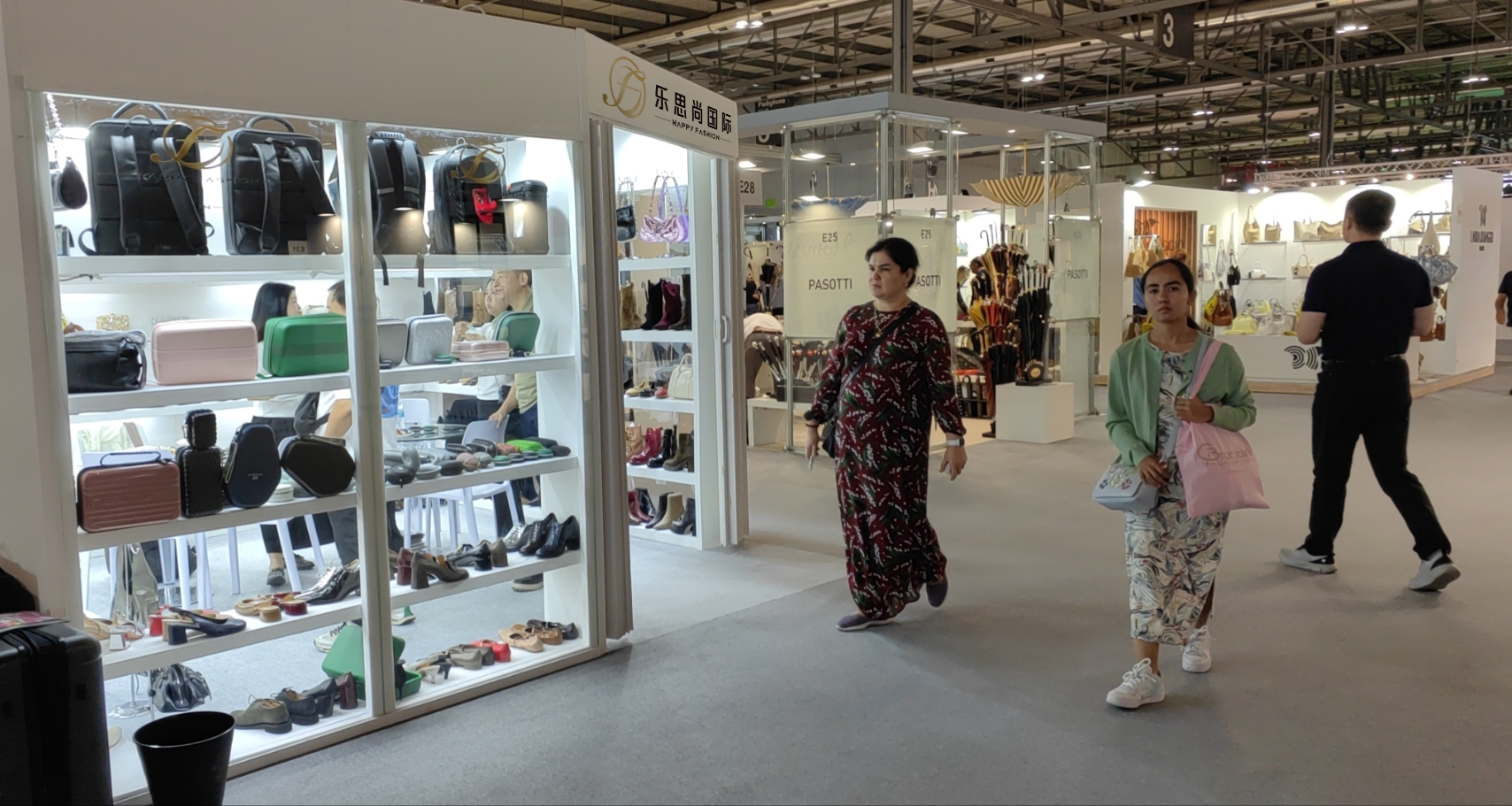
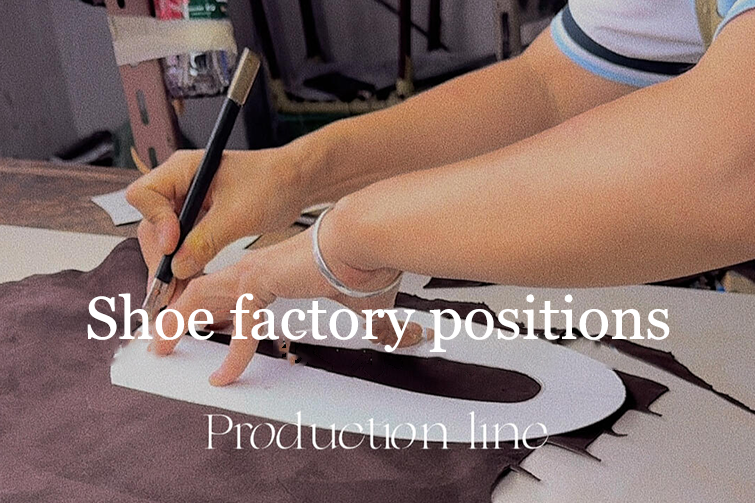
The Artisan Spirit Behind Women's Shoes: The Three Most Labor-Intensive Processes
Behind every pair of stylish women’s shoes lies the relentless effort of artisans. Crafting high-quality handmade shoes involves dozens of complex steps, with cutting, stitching, and assembly widely regarded as the three most demanding stages. Today, we delve into traditional shoemaking to reveal the challenges hidden within these processes.
1. Cutting: Precision Meets Endurance
As the first step, cutting determines material efficiency and final quality. Workers stand for hours, manually operating blades or electric cutters to achieve millimeter-perfect cuts on leather and fabrics—a test of focus and hand-eye coordination.
Industry Insight:
Automation struggles with specialty materials, keeping skilled cutters in high demand
Standard shifts exceed 10 hours/day
2. Stitching: The High-Pressure "Silent Battlefield"
Stitching is considered the toughest job. Each worker assembles 200+ uppers daily (5,000+ monthly), maintaining a forward-leaning posture to ensure uniform stitches under roaring 85dB machinery.
Health Risks:
Chronic noise exposure (equivalent to busy intersections)
76% prevalence of cervical damage and vision decline
Repetitive stress injuries
Despite this, master stitchers remain irreplaceable for premium handmade shoes.
3. Assembly: The "Devil in Details"
The final shaping involves 20+ sub-steps like insole fitting and glue cleaning. The most hazardous task:
Hand-wiping excess adhesive with industrial solvents
6-8 bent-over wipes per minute
Benzene exposure (3× above national limits)
Data Alert: Assembly workers in poorly ventilated areas show 40% higher respiratory disease rates.
Modern Craftsmanship
Top brands preserve handmade traditions:
✅ Leather selection by experienced artisans
✅ Hand-stitching for seamless sole attachment
✅ 3+ manual inspections per pair
Their sweat embodies true artisan spirit.
Food for Thought: How much of a shoe’s premium price should reach these workers? Share your views below.
(Data: 2023 Chinese Footwear Industry Labor Report. Worker identities anonymized.)


